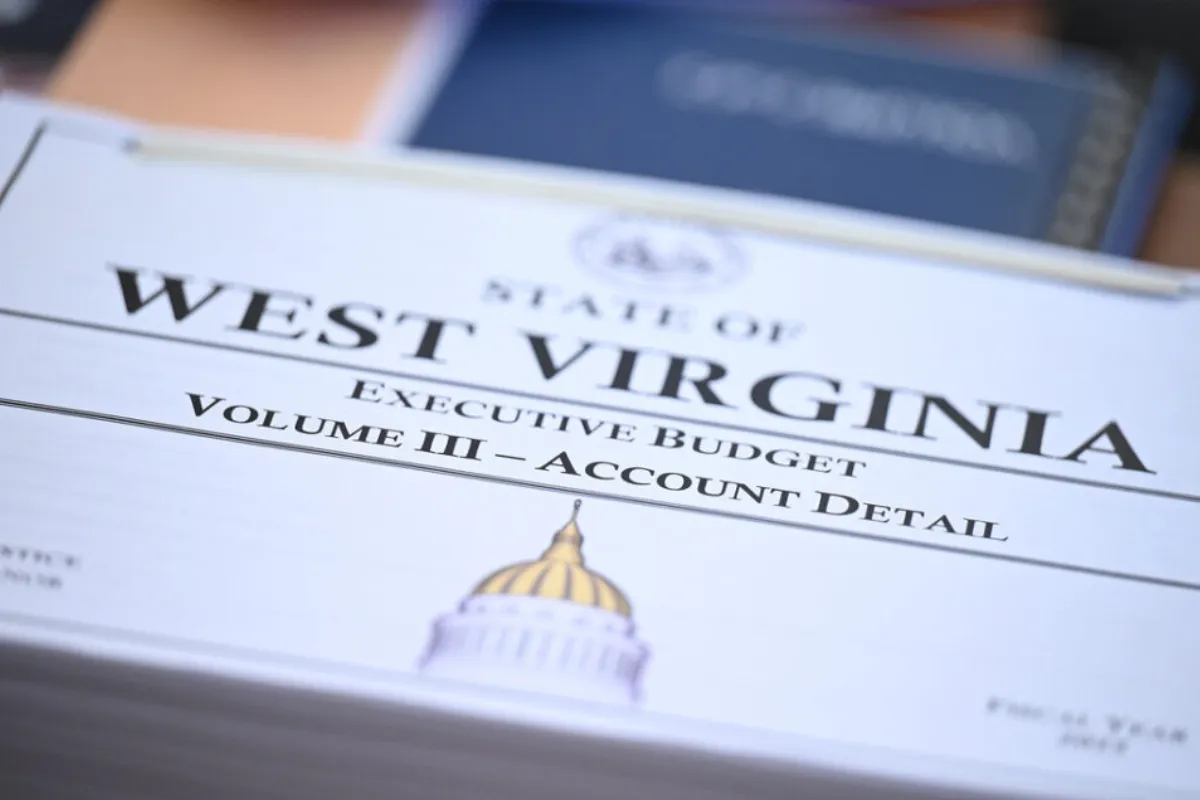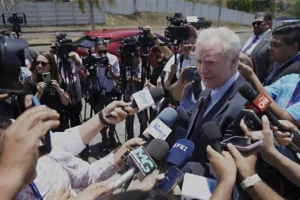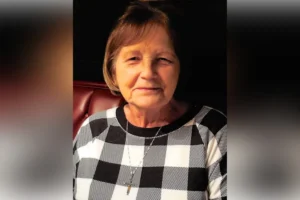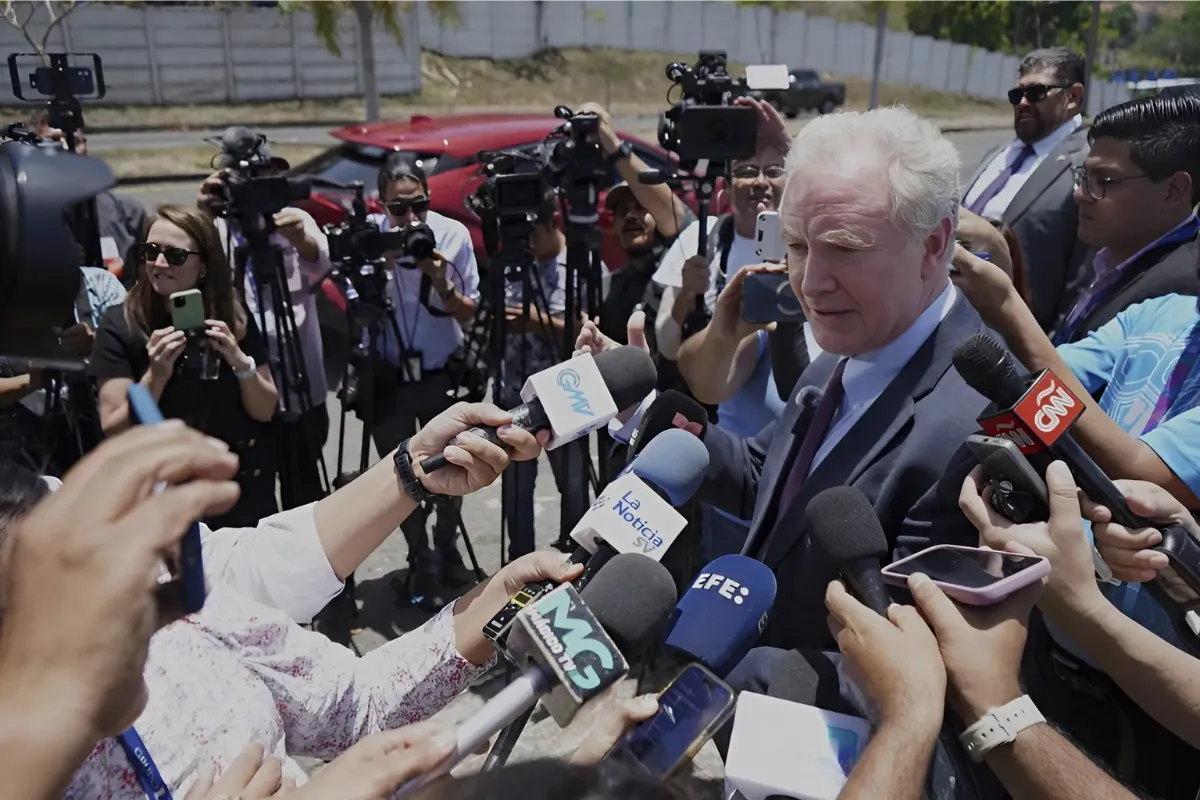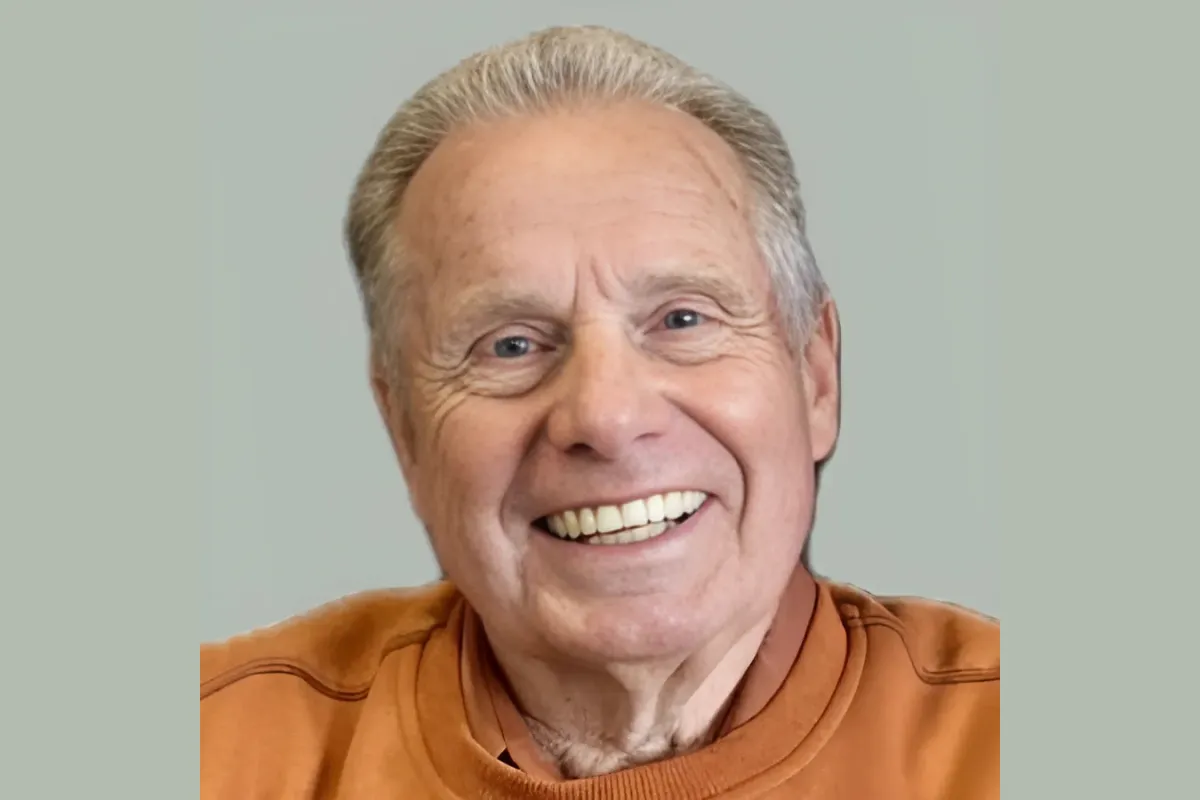West Virginia now has a balanced general revenue budget for fiscal year 2026, beginning in July, following the signature of Governor Patrick Morrisey. While the final budget sits at $5.280 billion, that figure comes after Morrisey used his line-item veto authority to remove or reduce nearly $38 million in spending.
The budget, signed into law via House Bill 2026, was the result of a compromise between the House of Delegates and the state Senate, who agreed on a $5.318 billion general revenue plan on April 11. That was slightly less than both Morrisey’s adjusted proposal of $5.322 billion and the Senate’s original $5.321 billion.
In a statement released late Thursday night, Morrisey emphasized the importance of addressing long-term financial stability and structural budget gaps. When he took office earlier this year, Morrisey said the state faced a $400 million budget hole for FY 2026, which could grow to nearly $600 million in future years if not addressed.
“The fiscally conservative budget I signed tonight makes progress tackling structural gaps and begins to place us on a pathway toward financial stability,” Morrisey said. “Much work remains in the next fiscal year to address budget shortfalls, but I applaud the Legislature for sending me a budget that closely resembles my original proposal.”
To further that goal, Morrisey trimmed several spending items, using his line-item veto powers to create an unappropriated reserve of roughly $42 million. His veto letter highlighted a desire to “right-size” base expenditures, maintain strong reserves, and limit spending growth.
Among the most notable cuts were total vetoes of funding for several community and educational programs. These included:
- $300,000 for Mountwood Park in Wood County
- $100,000 for the Willow Bend Agricultural Innovation Center in Monroe County
- $50,000 for the Math Counts educational program
- $300,000 for the Green Acres Regional Center in Cabell County
- $250,000 for West Virginia University College of Law
- $250,000 for the LPN-to-BSN nursing program
One of the most significant reductions came from the Court Appointed Special Advocates (CASA) program, which saw its funding slashed from $1.1 million to $300,000—a 72.7% cut. CASA programs advocate for children who are victims of abuse and neglect. Morrisey justified the cut by noting the program’s access to federal and state grants, saying the state must avoid unnecessarily inflating its base budget.
Despite the cut, the West Virginia CASA Association acknowledged the importance of having a dedicated budget line, posting on social media, “Albeit reduced, the Governor’s final allocation establishes a crucial foundation of state support and recognition of CASA’s essential role for child welfare in West Virginia.”
In addition to trimming general revenue spending, Morrisey vetoed sections of the surplus portion of the budget—one-time expenditures meant to be funded by any leftover revenue at the end of the current fiscal year. Originally totaling more than $210 million, the vetoes included:
- $75 million for the Division of Economic Development
- $10 million for the Water Development Authority
- $250,000 for Lily’s Place through the Cabell County Commission
He did approve $100 million (down from $125 million) for the Division of Highways.
Morrisey cited upcoming financial uncertainties as the reason for these vetoes, including potential changes to the federal Medicaid program, rising costs for the state’s Public Employees Insurance Agency (PEIA), and shifts in federal tax code.
“A cautious and prudent approach must be taken to avoid spending the State’s surplus balances due to anticipated out-year budget gaps and to address likely fiscal challenges,” he wrote.
Not everyone welcomed the timing of the announcement. The West Virginia Democratic Party criticized Morrisey for releasing the veto message just 10 minutes before Good Friday, calling it a tone-deaf decision. Delegate Anitra Hamilton (D-Monongalia) said the timing and the cuts reflected “misplaced priorities.”
“On a day meant to reflect compassion and kindness, Governor Morrisey instead chose to cut support from those who need it most: children in foster care, families facing serious illnesses, veterans, and students who deserve safe and modern learning environments,” Hamilton said.
Despite the criticism, the finalized FY 2026 budget aims to stabilize West Virginia’s finances while giving the state breathing room to respond to long-term challenges in healthcare, education, and infrastructure.
